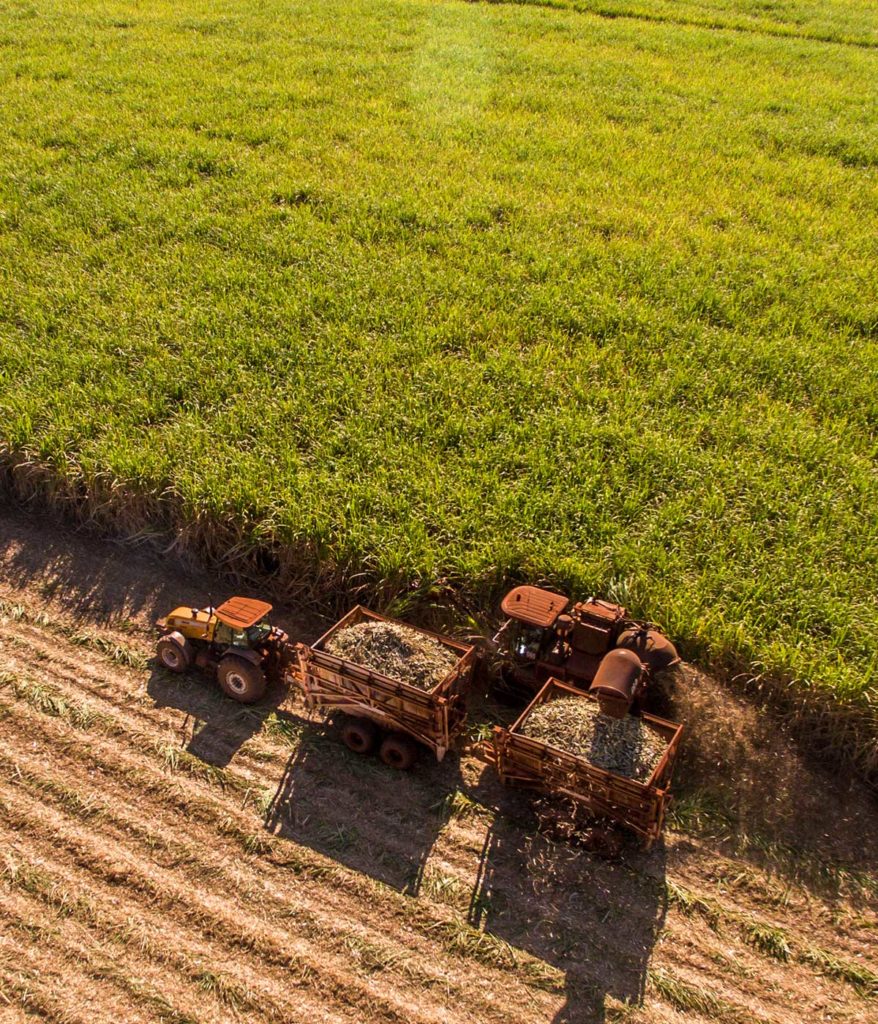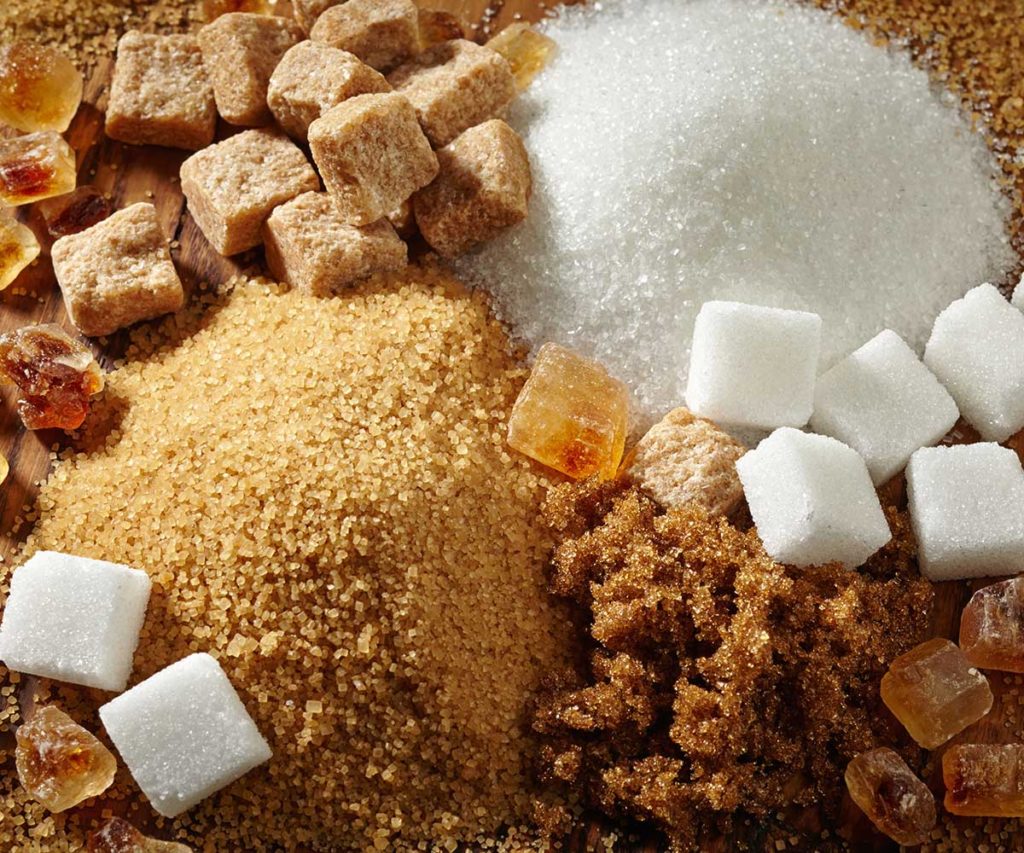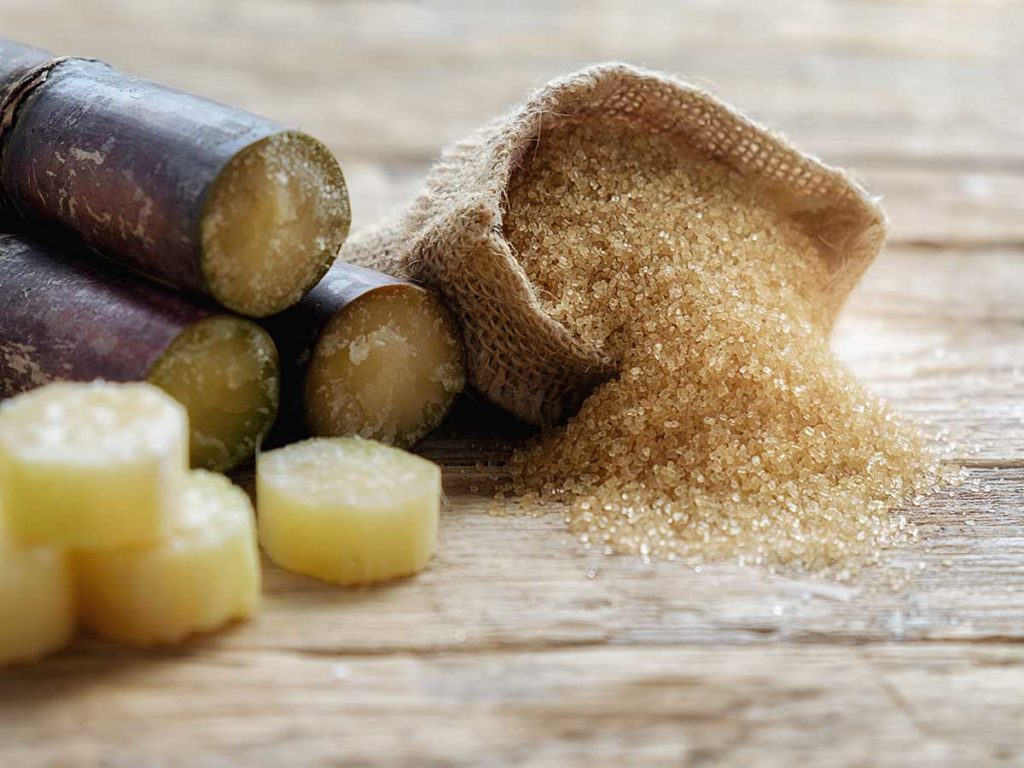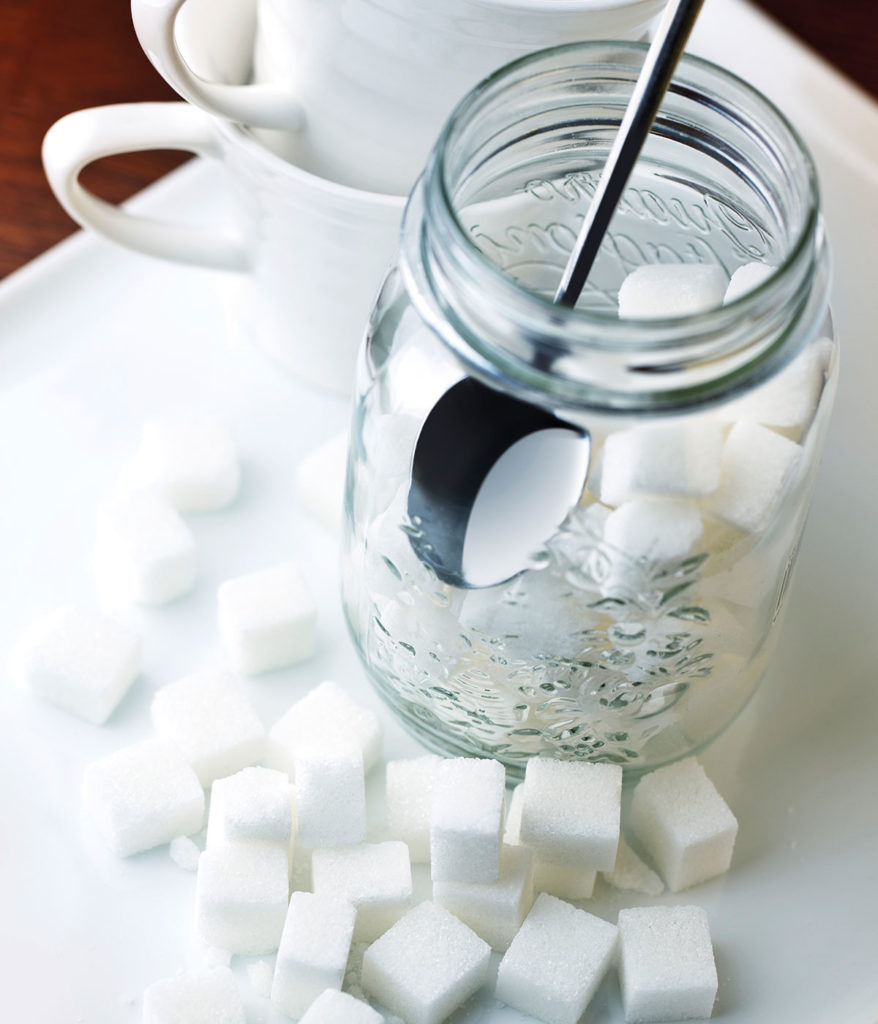White sugar and industrial sugar
Consumers most commonly use white sugar. This is the purest form of sugar that mostly consists of pure sucrose. Other minerals and components of the raw material are removed during production. White sugar can be made from both sugarbeet and sugarcane and is available from the wholesale trade in different variations and grain sizes. These include well-known varieties of white sugar such as coarse granulated sugar, caster sugar or icing sugar. White sugar is also available in two different variants that differ in the purity of the crystals. The designations of these products are EU Category I and EU Category II. The latter is also known as industrial sugar – the most popular sugar for corporate customers.
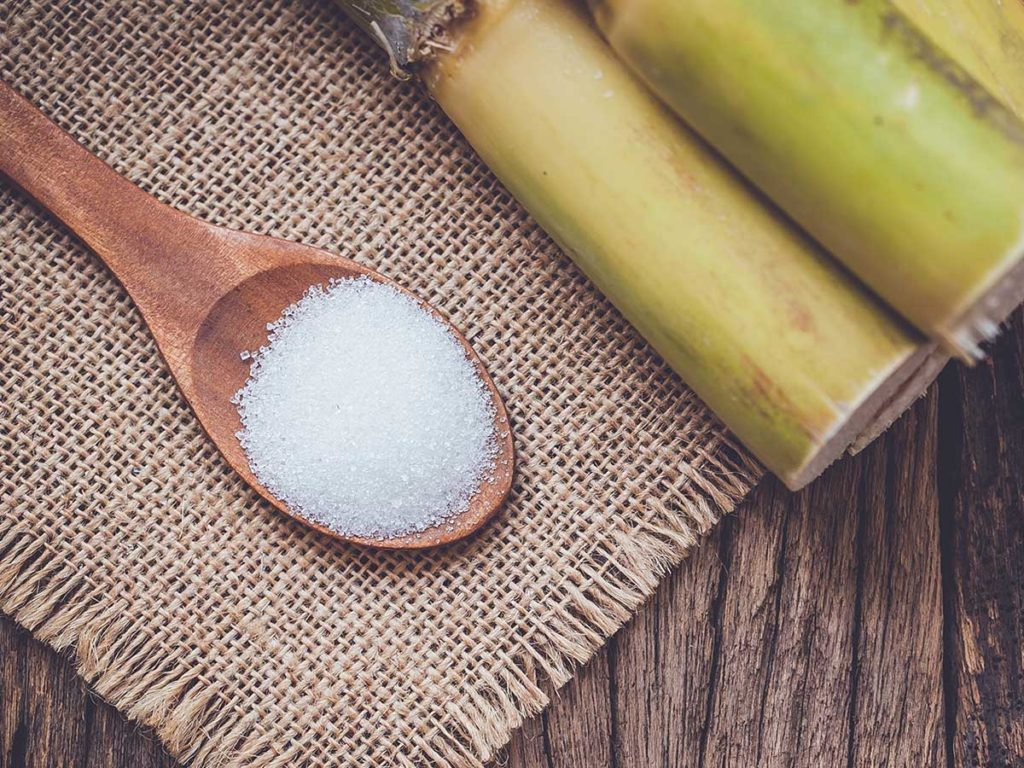
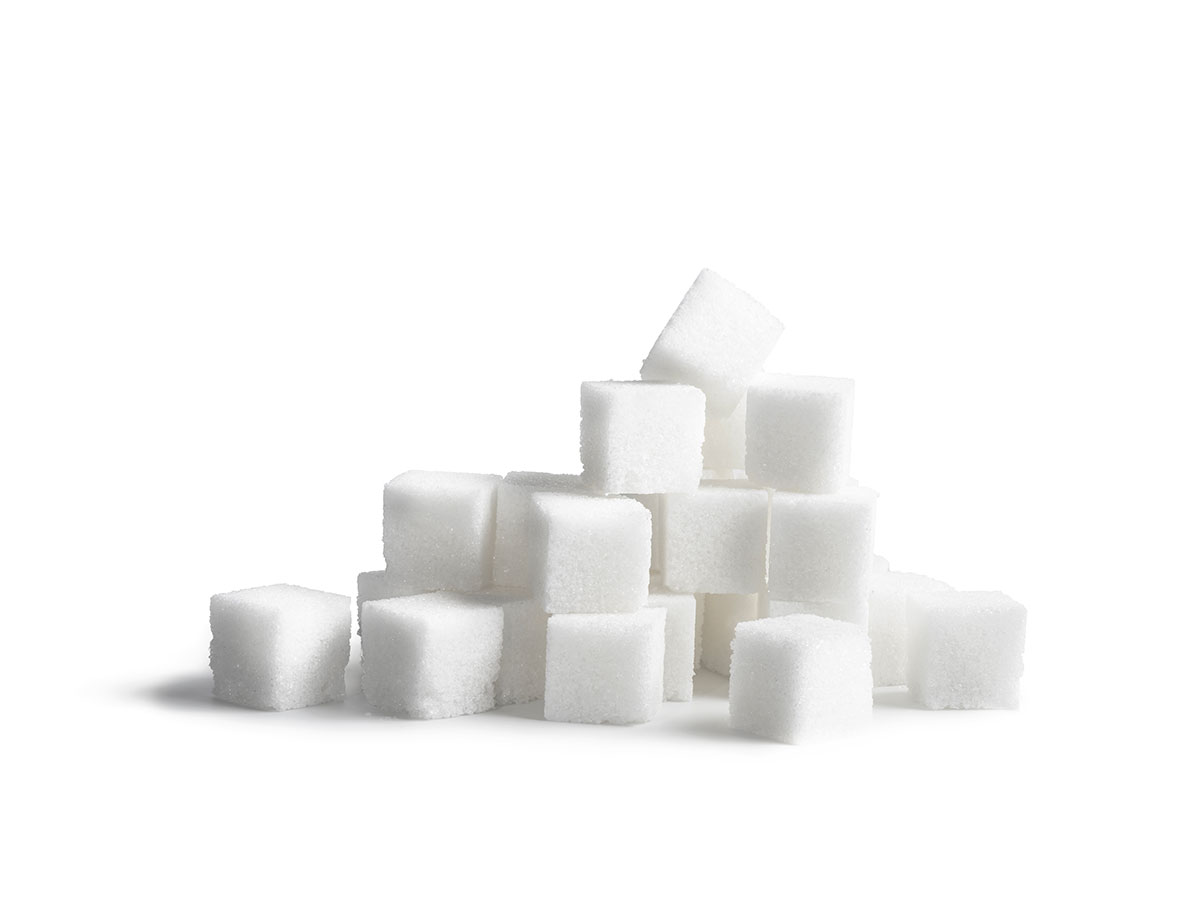 Sugar cubes
Sugar cubes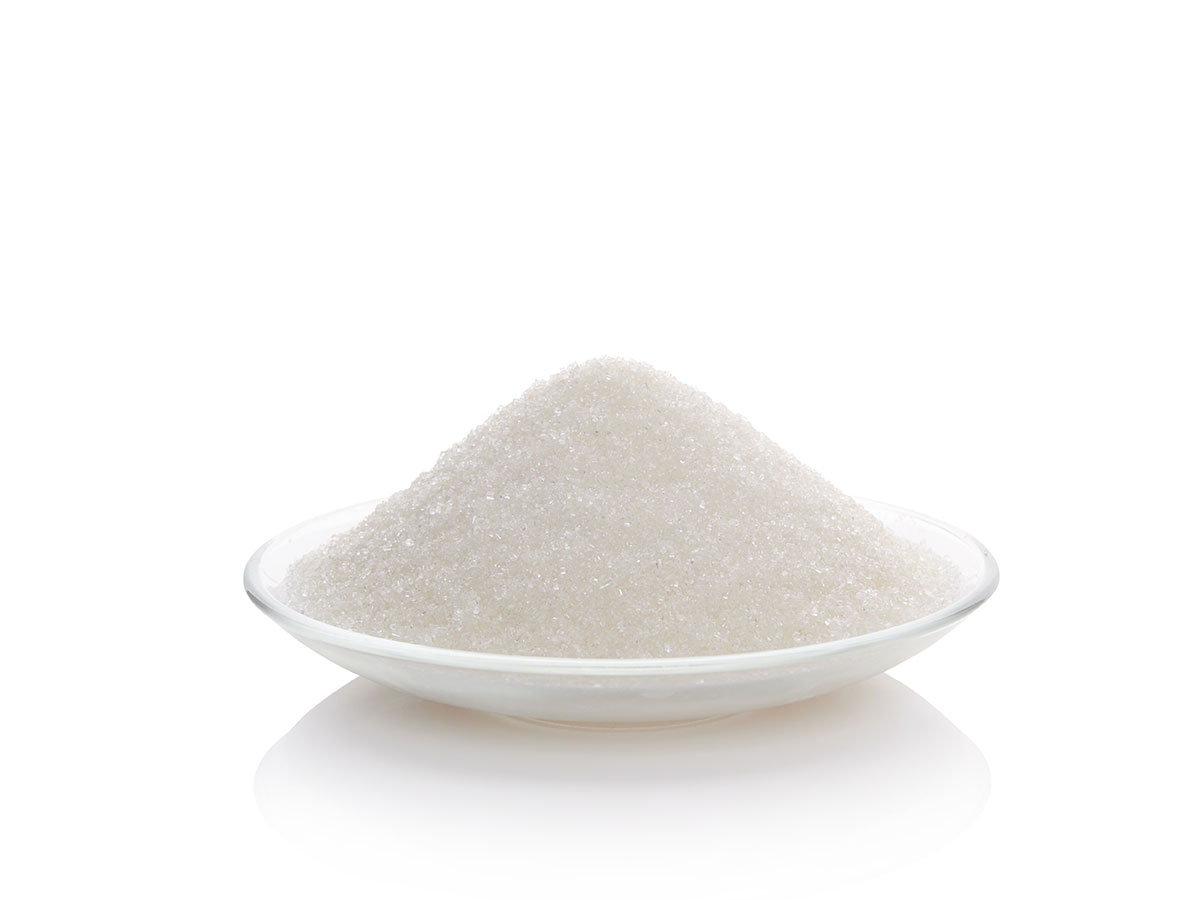 Industrial sugar
Industrial sugar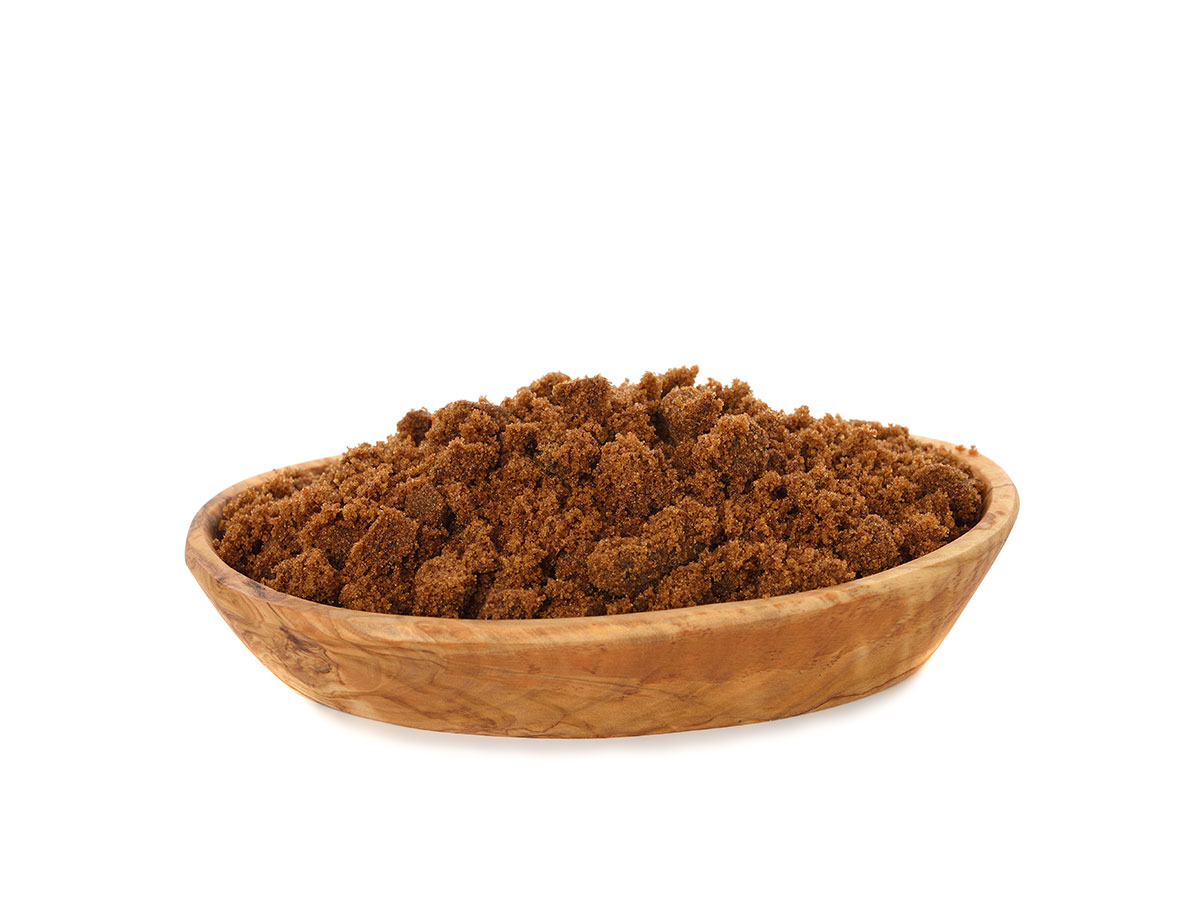 Organic whole cane sugar
Organic whole cane sugar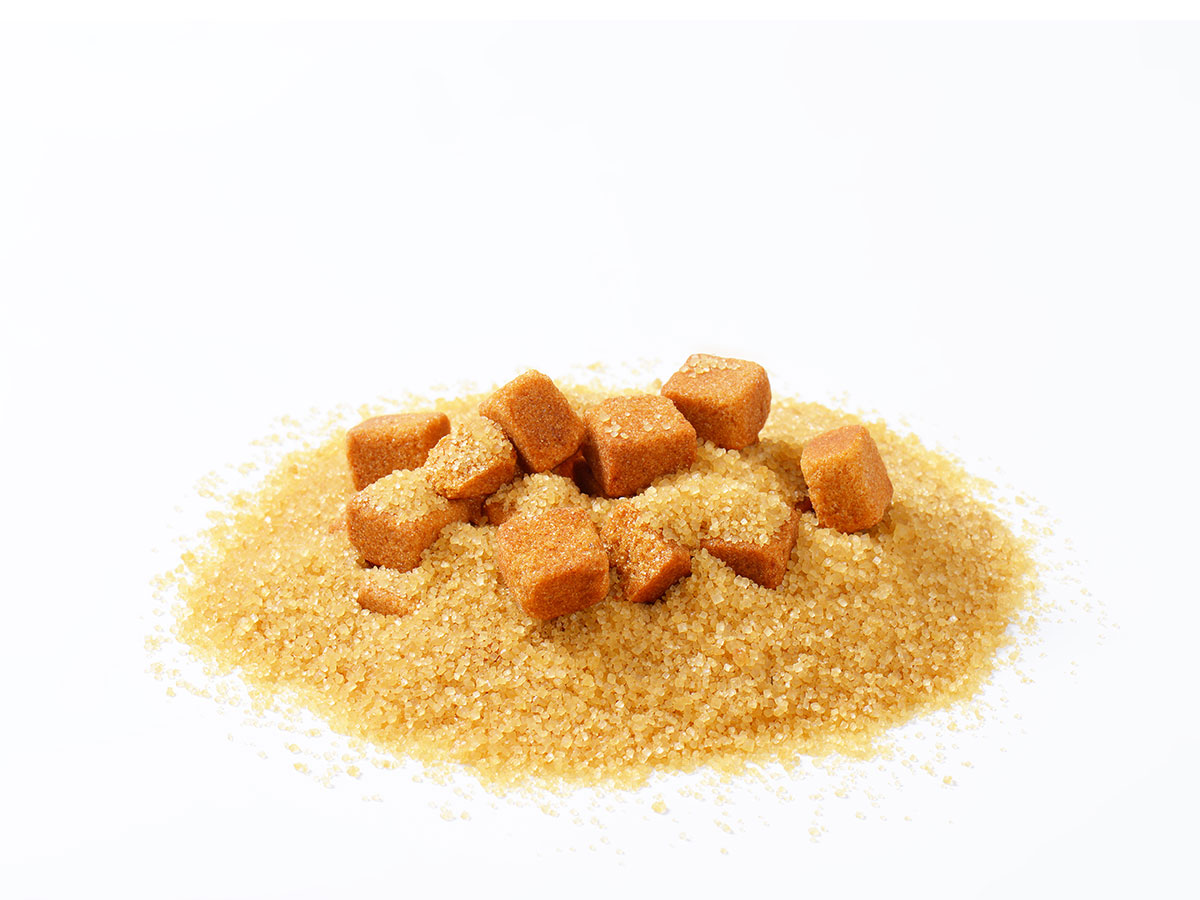 Cane sugar
Cane sugar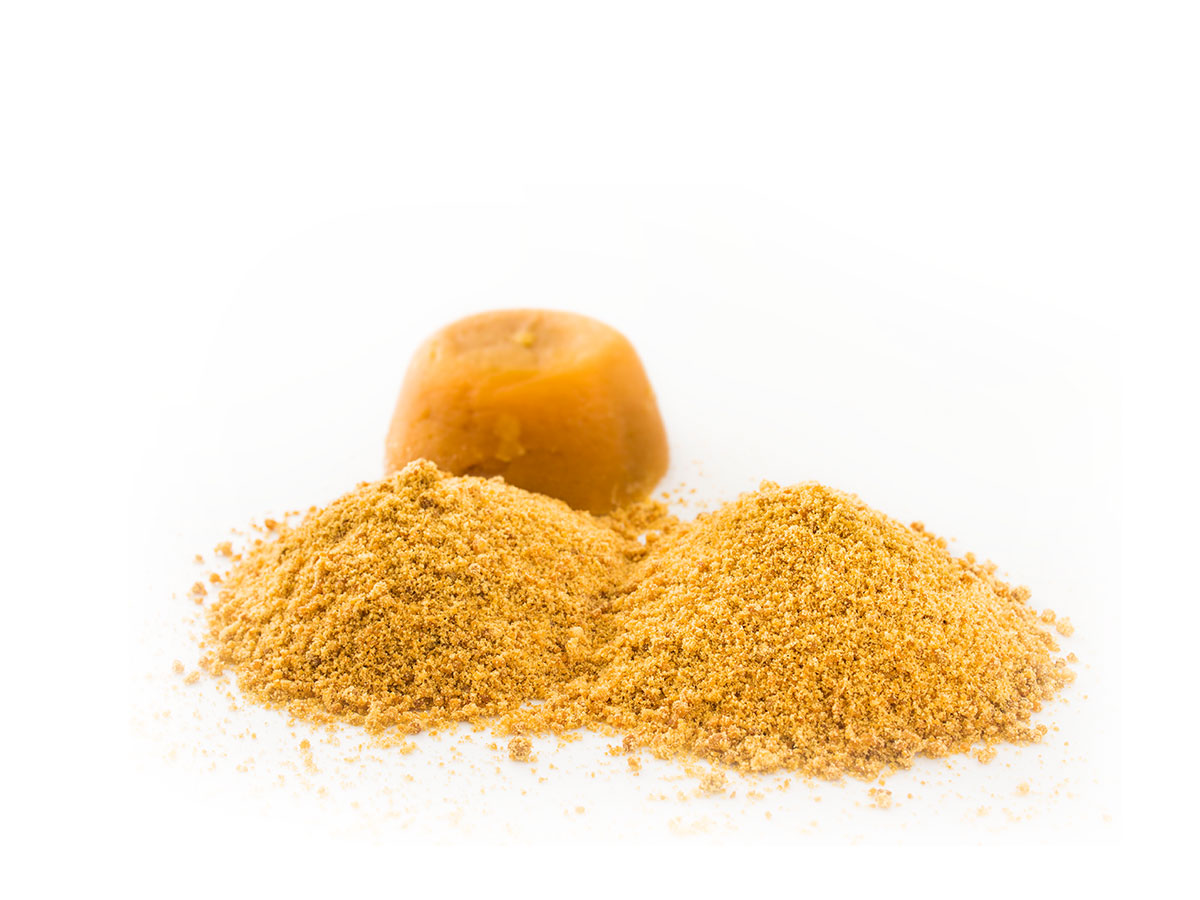 Organic panela sugar
Organic panela sugar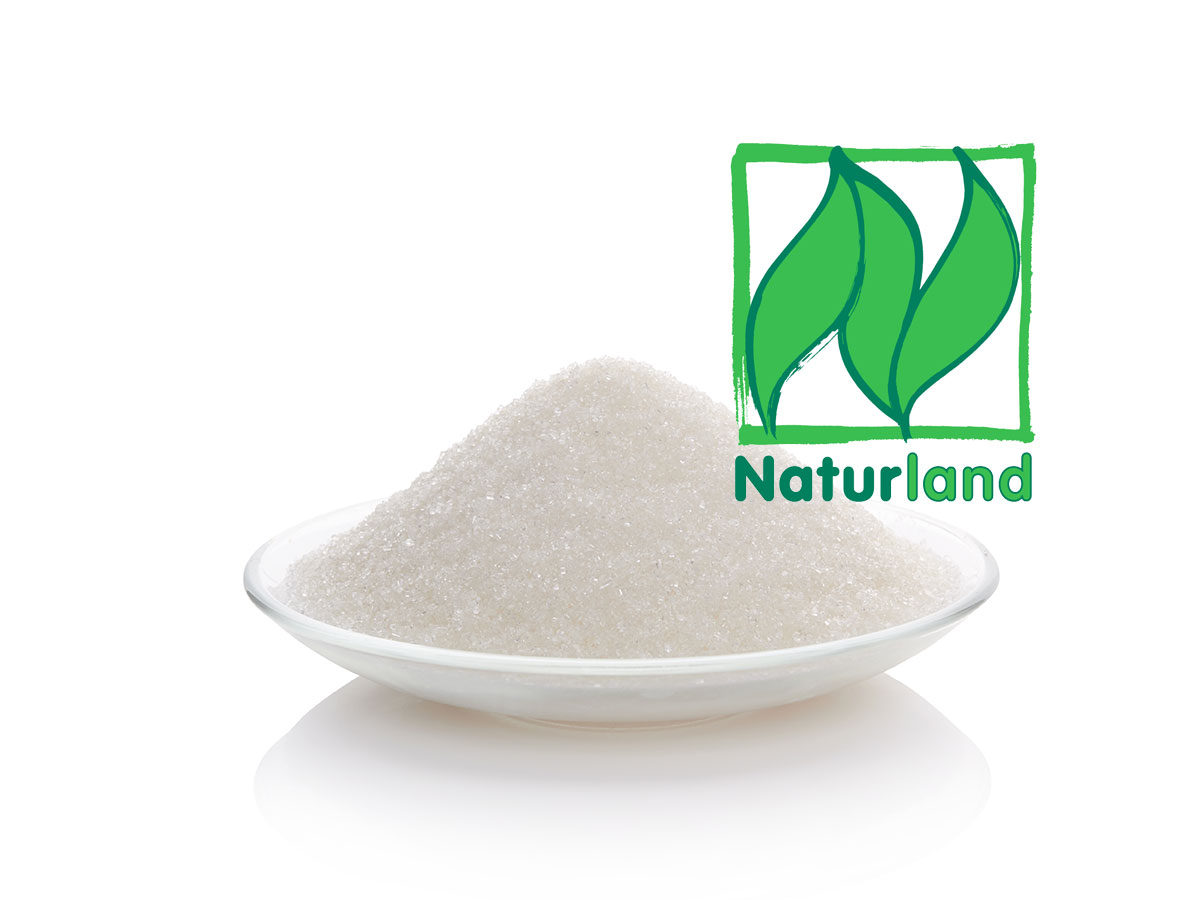 Naturland sugar
Naturland sugar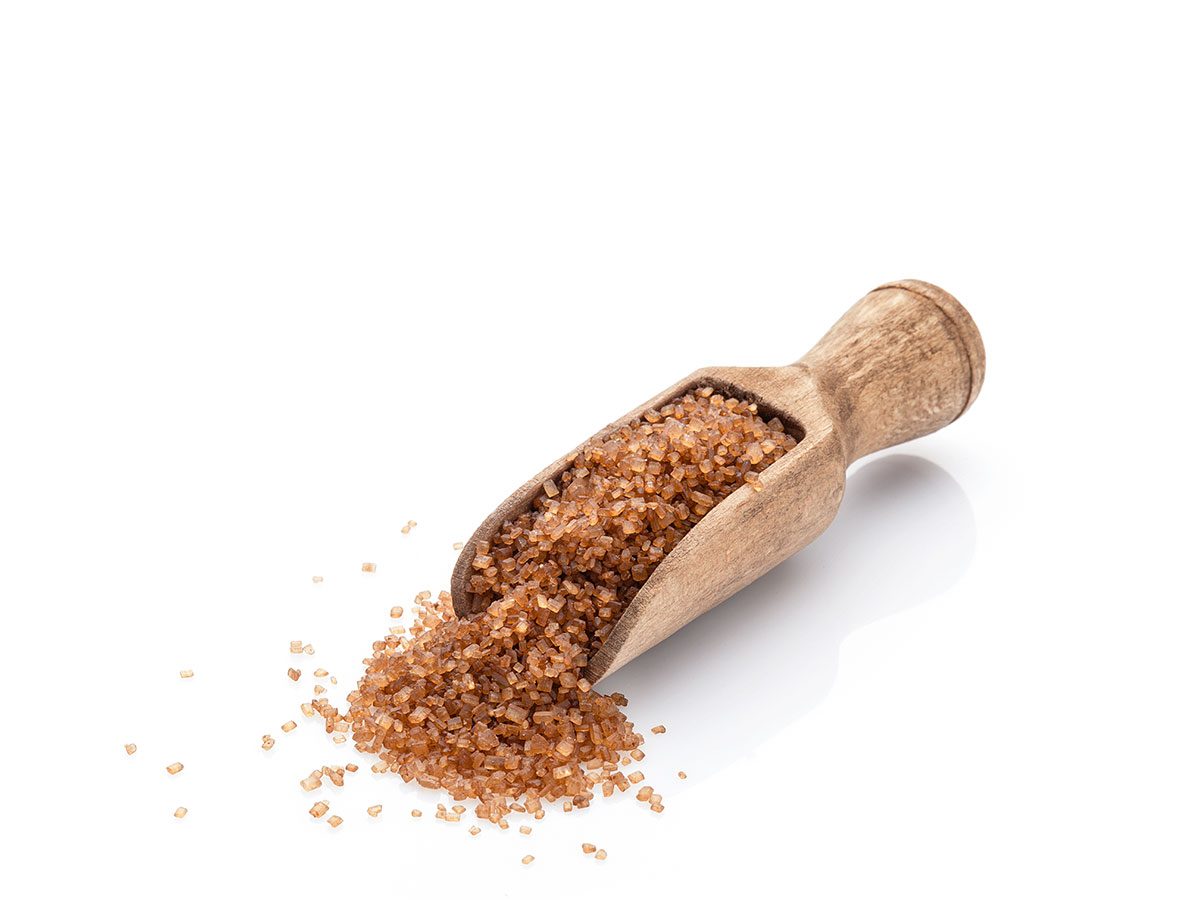 Muscovado sugar
Muscovado sugar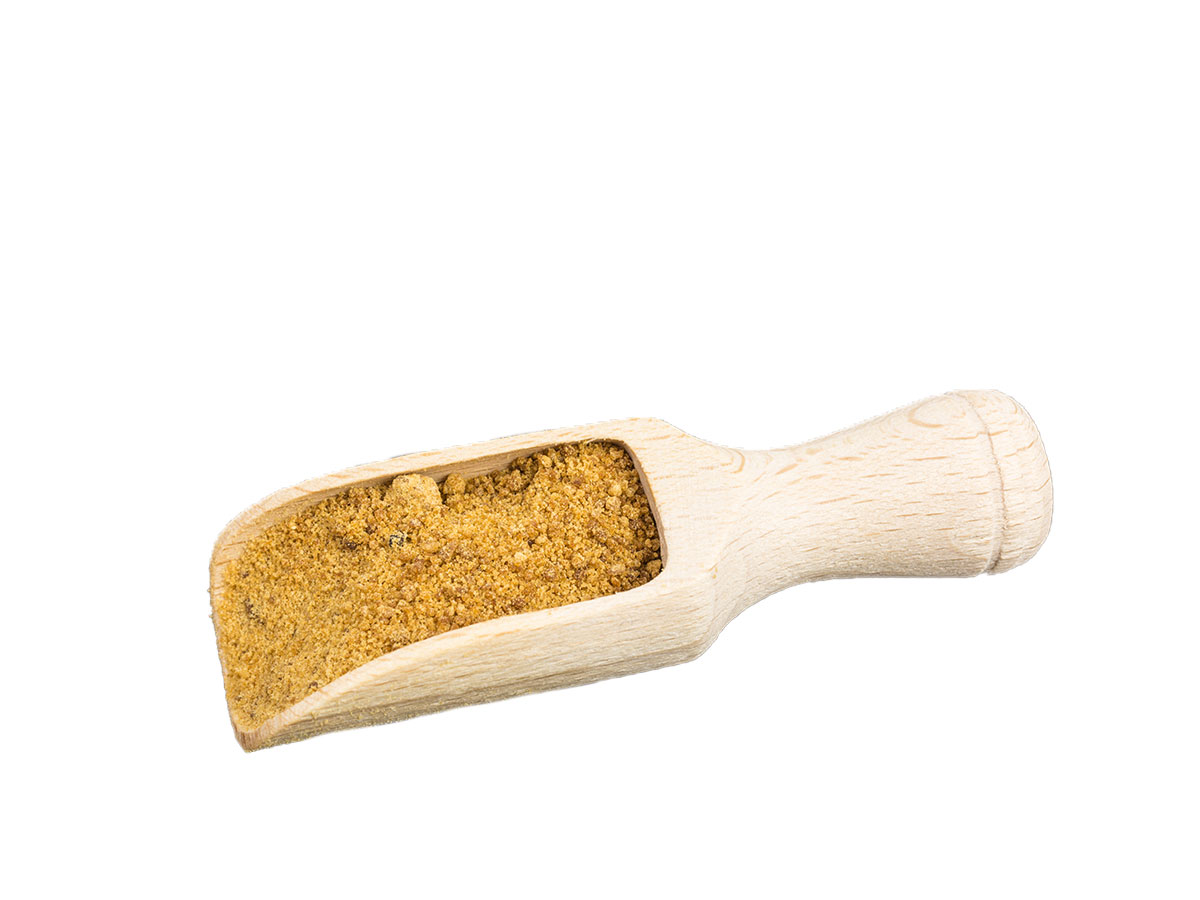 Coconut sugar
Coconut sugar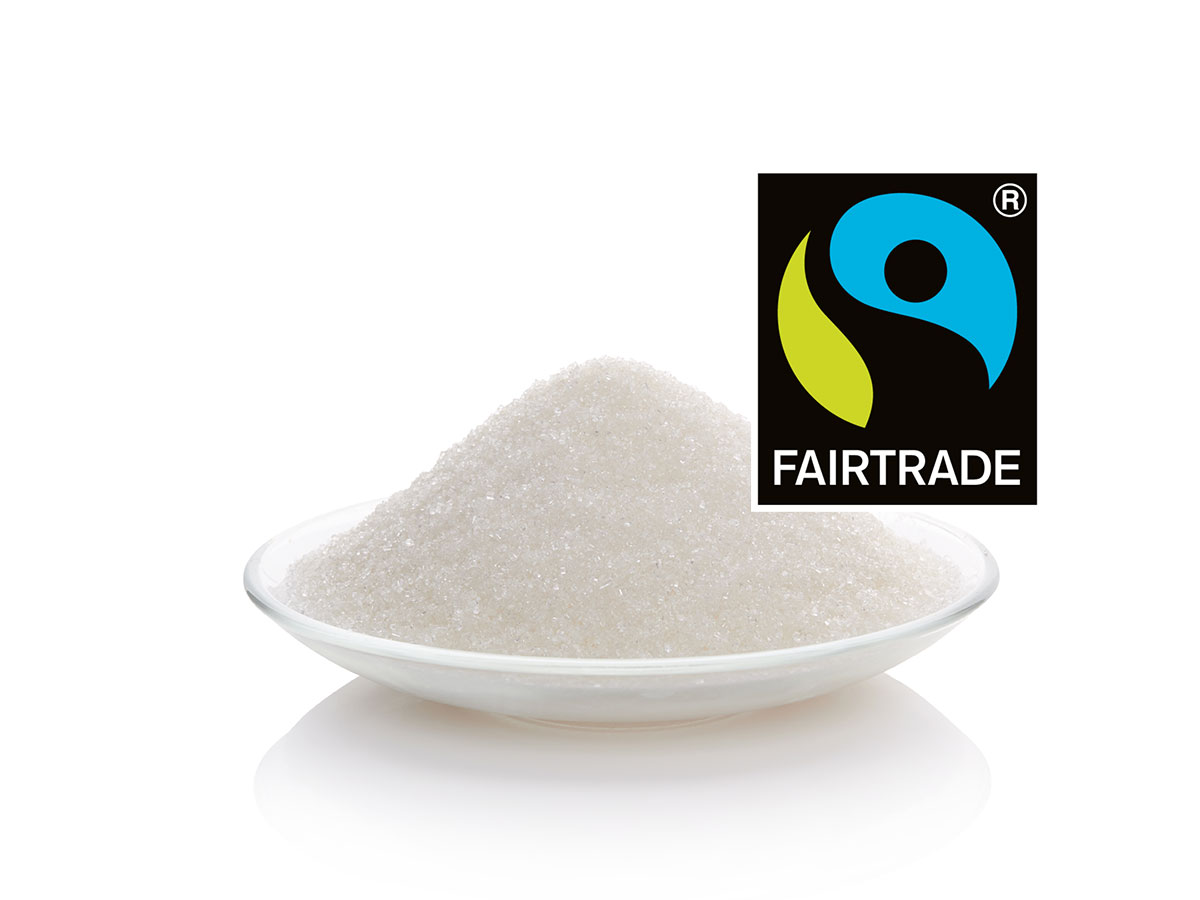 Fairtrade sugar
Fairtrade sugar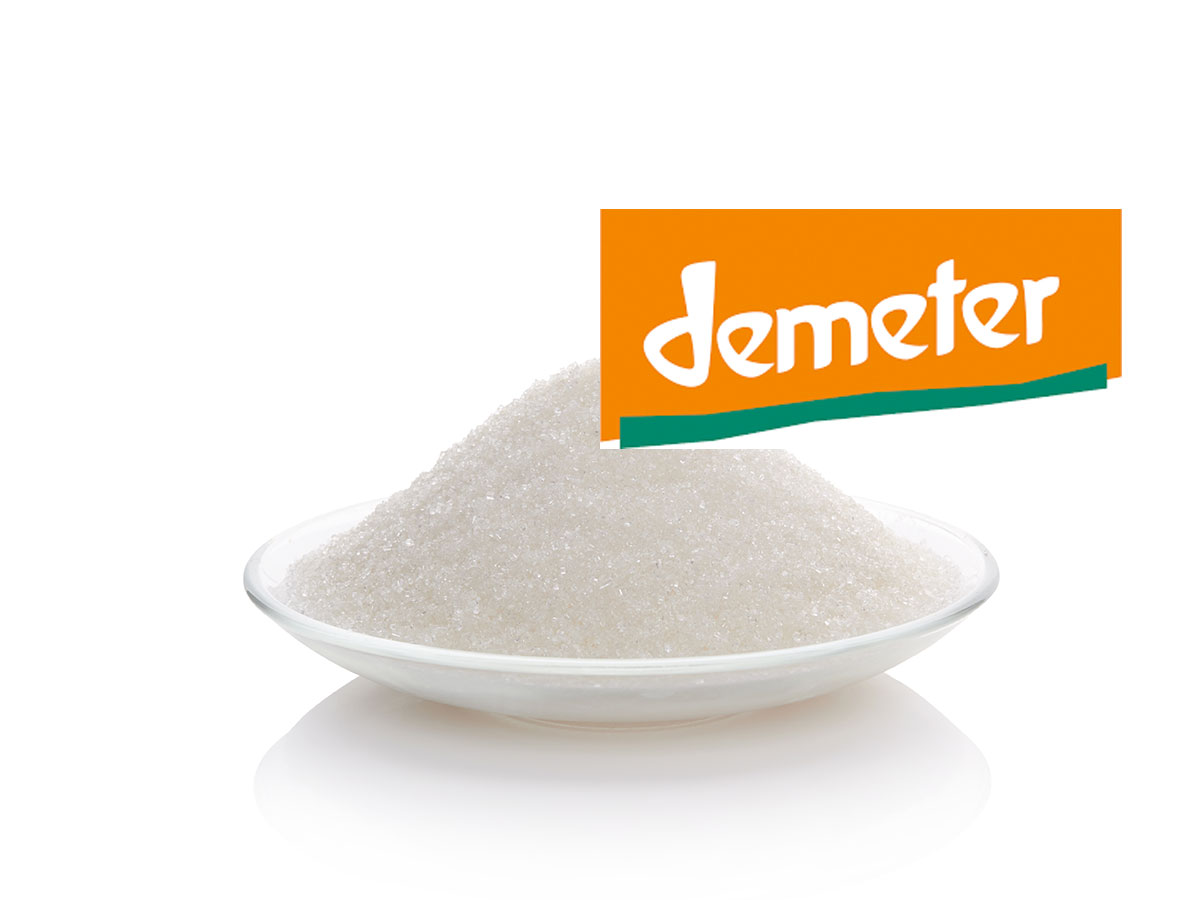 Demeter sugar
Demeter sugar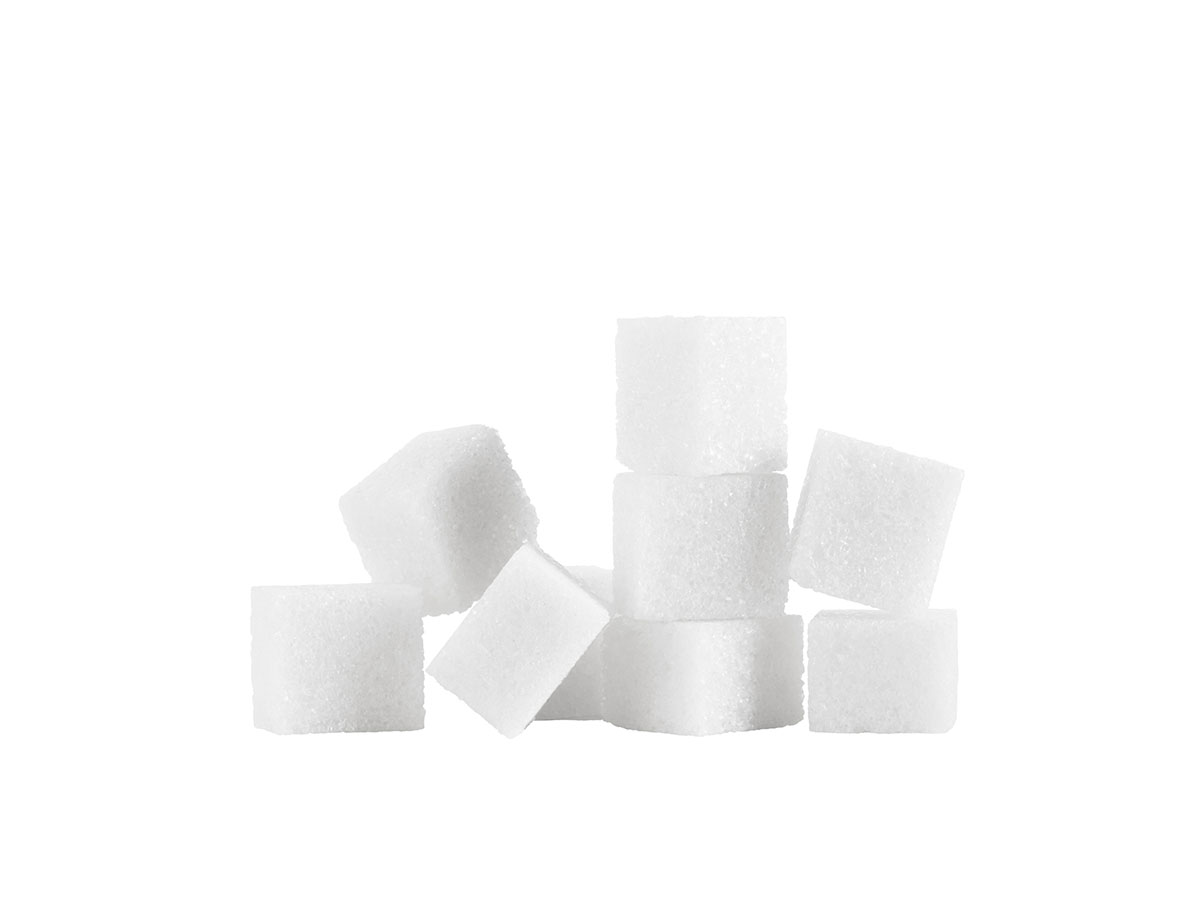 Organic sugar cubes
Organic sugar cubes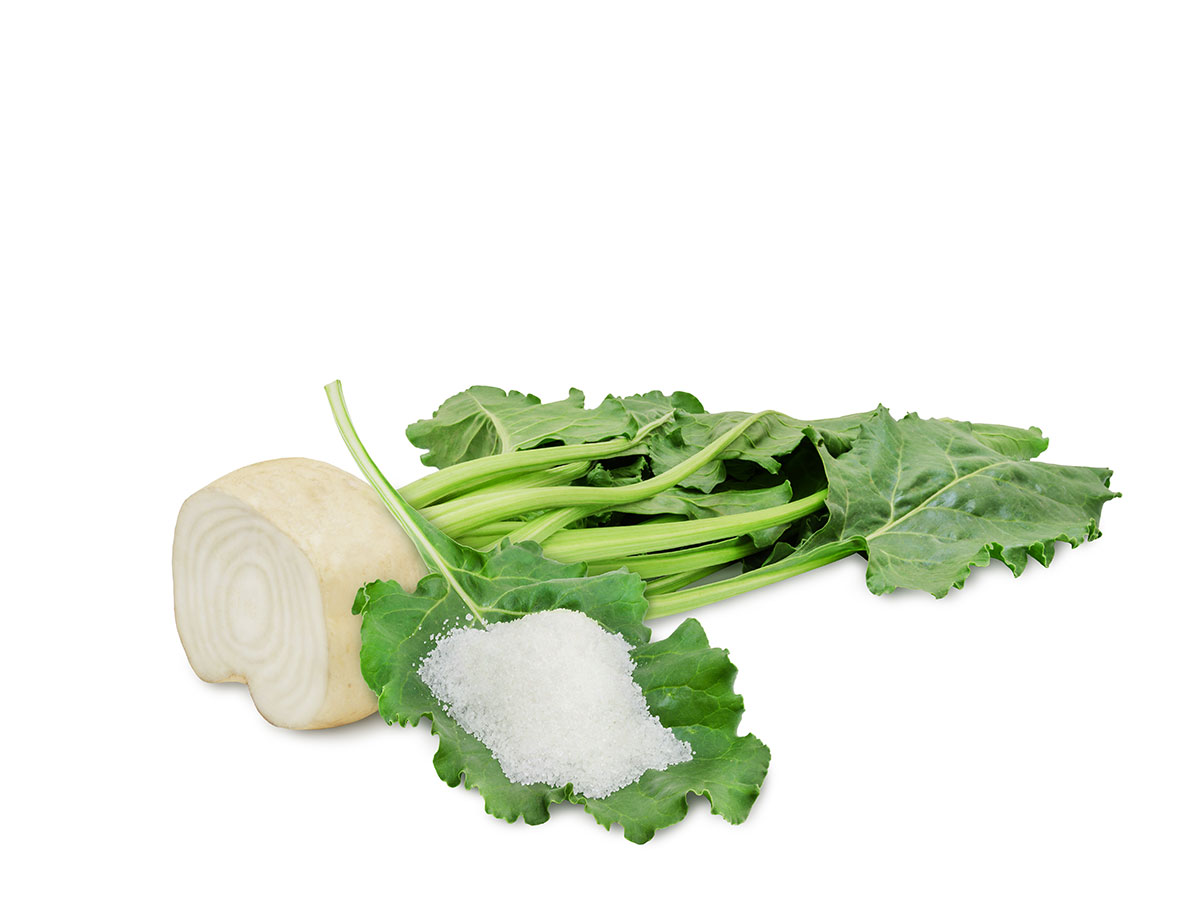 Organic beet sugar
Organic beet sugar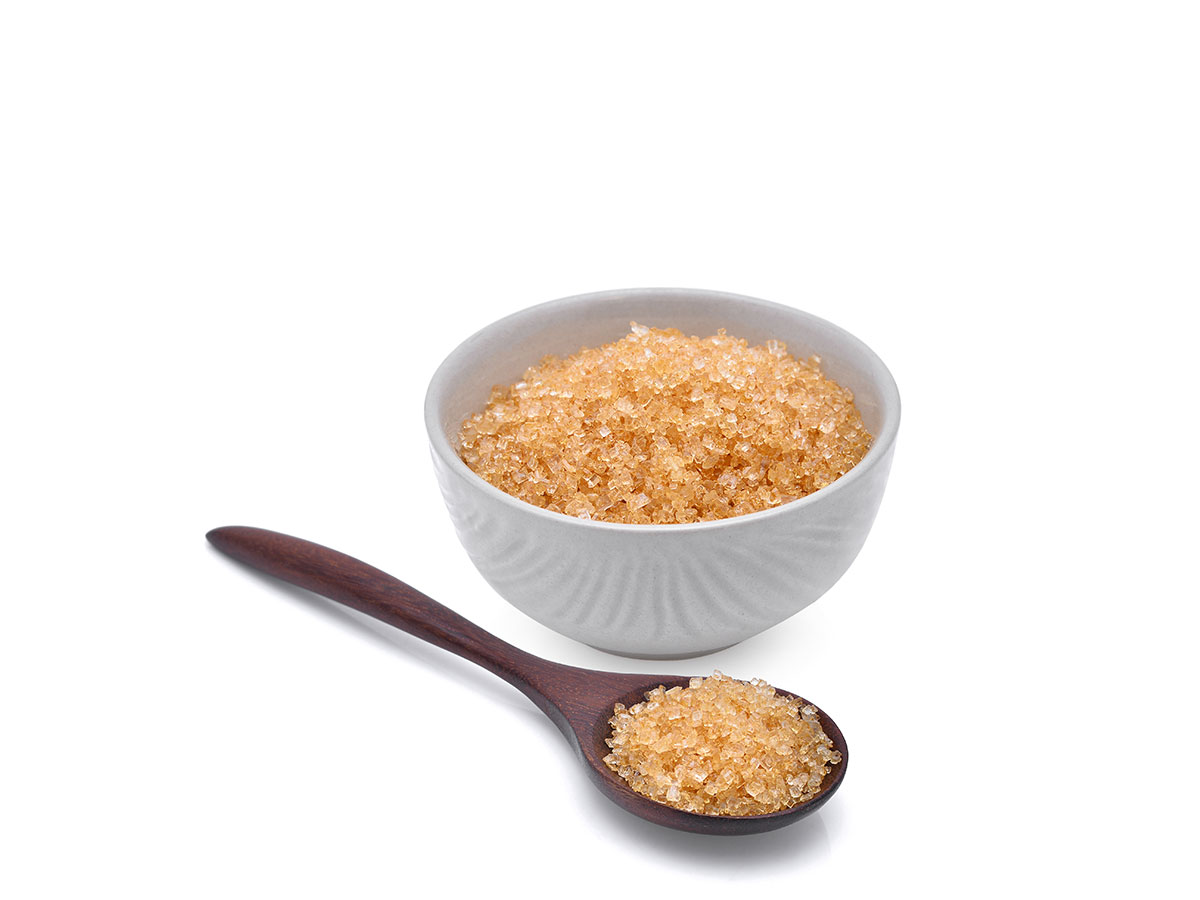 Organic cane sugar
Organic cane sugar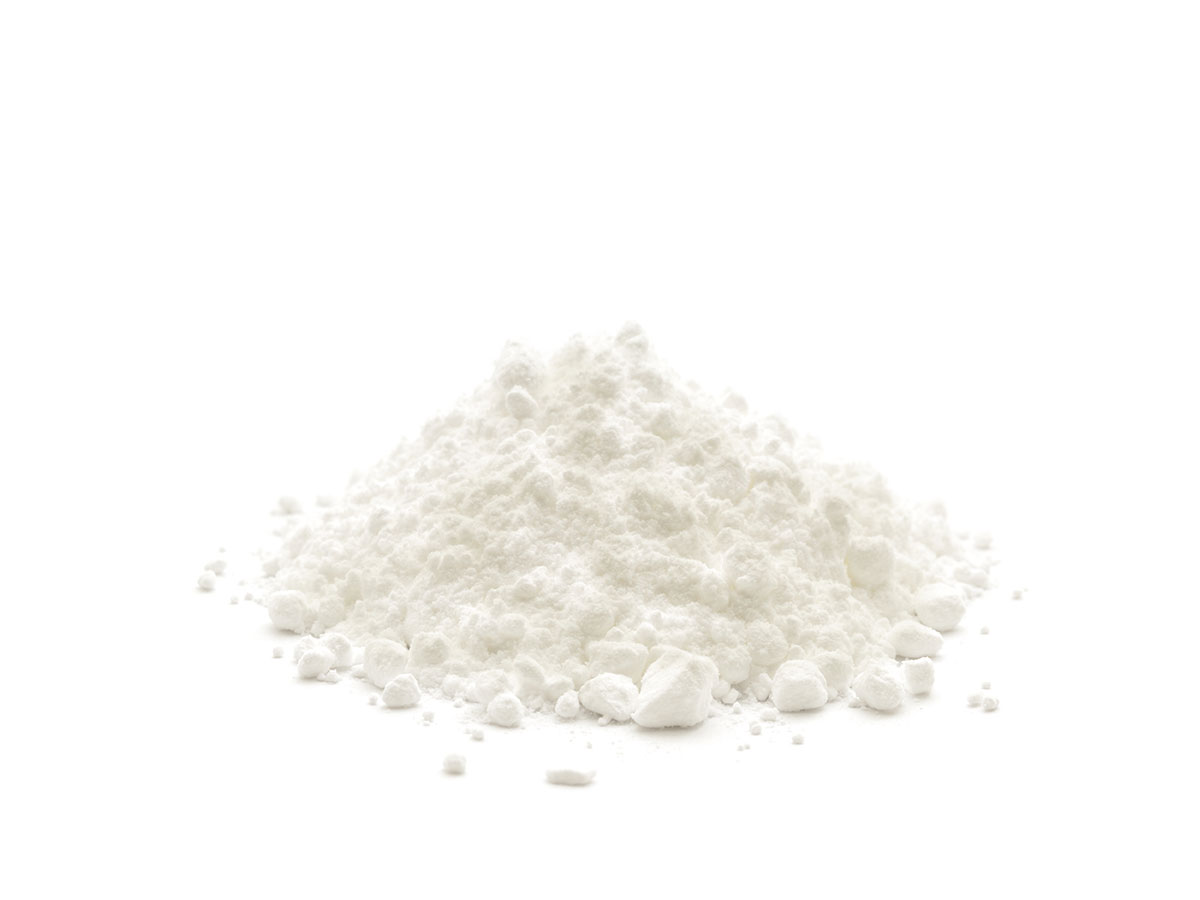 Organic icing sugar
Organic icing sugar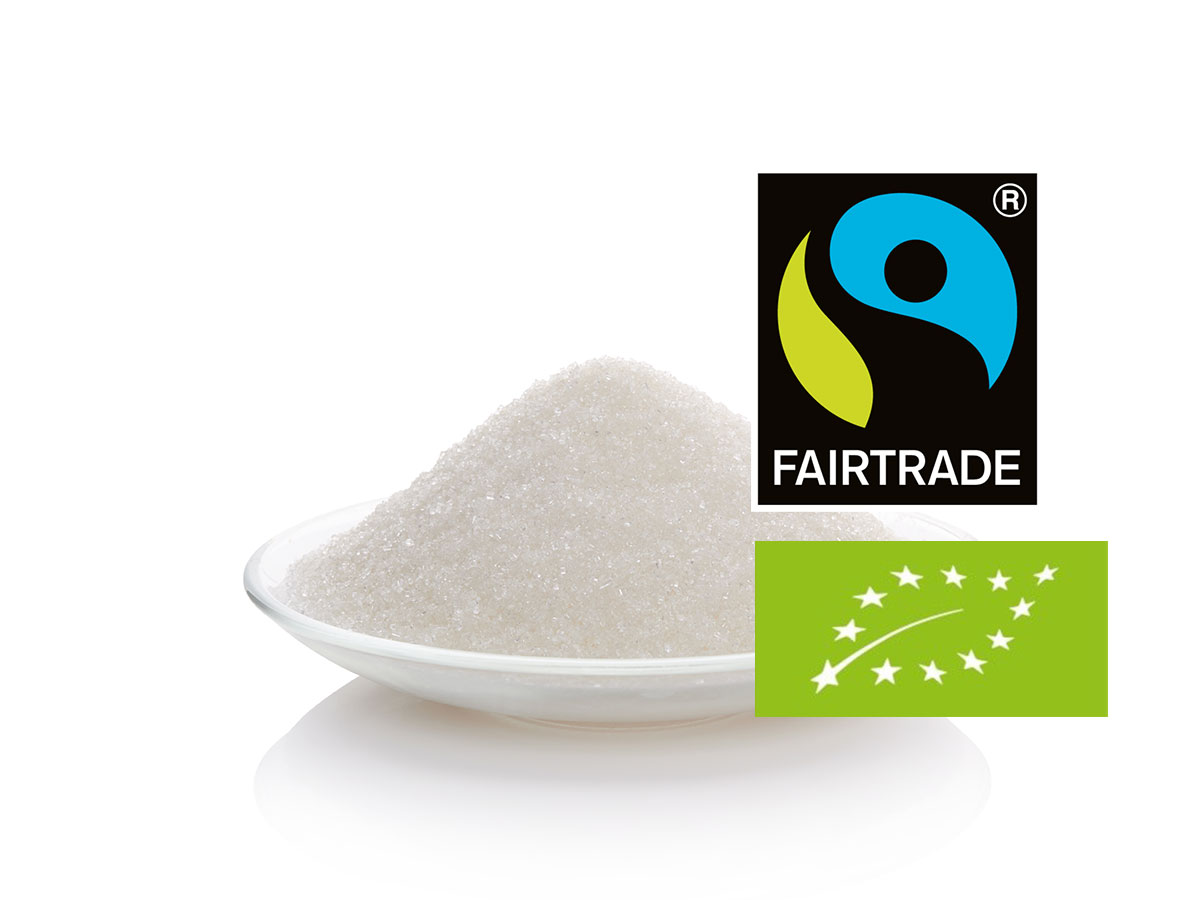 Organic Fairtrade sugar
Organic Fairtrade sugar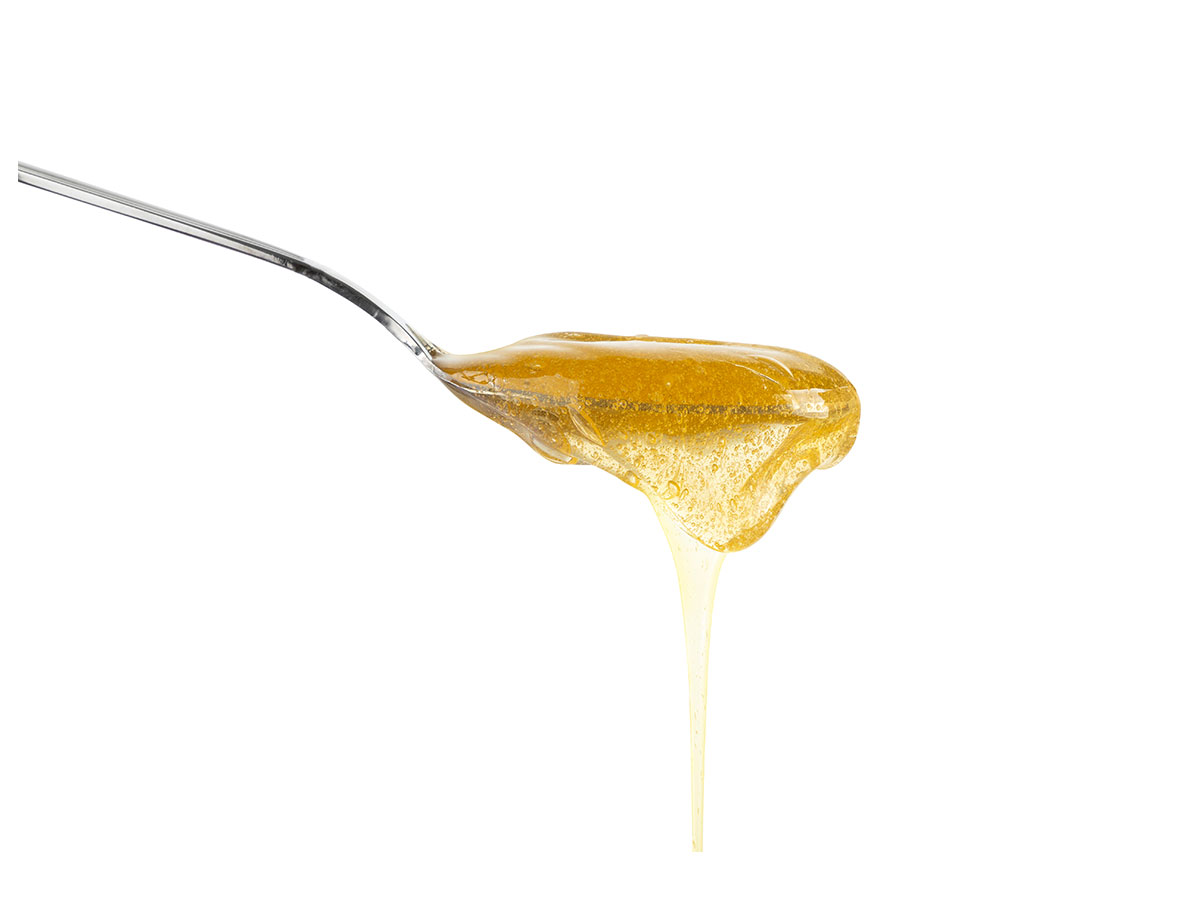 Invert sugar
Invert sugar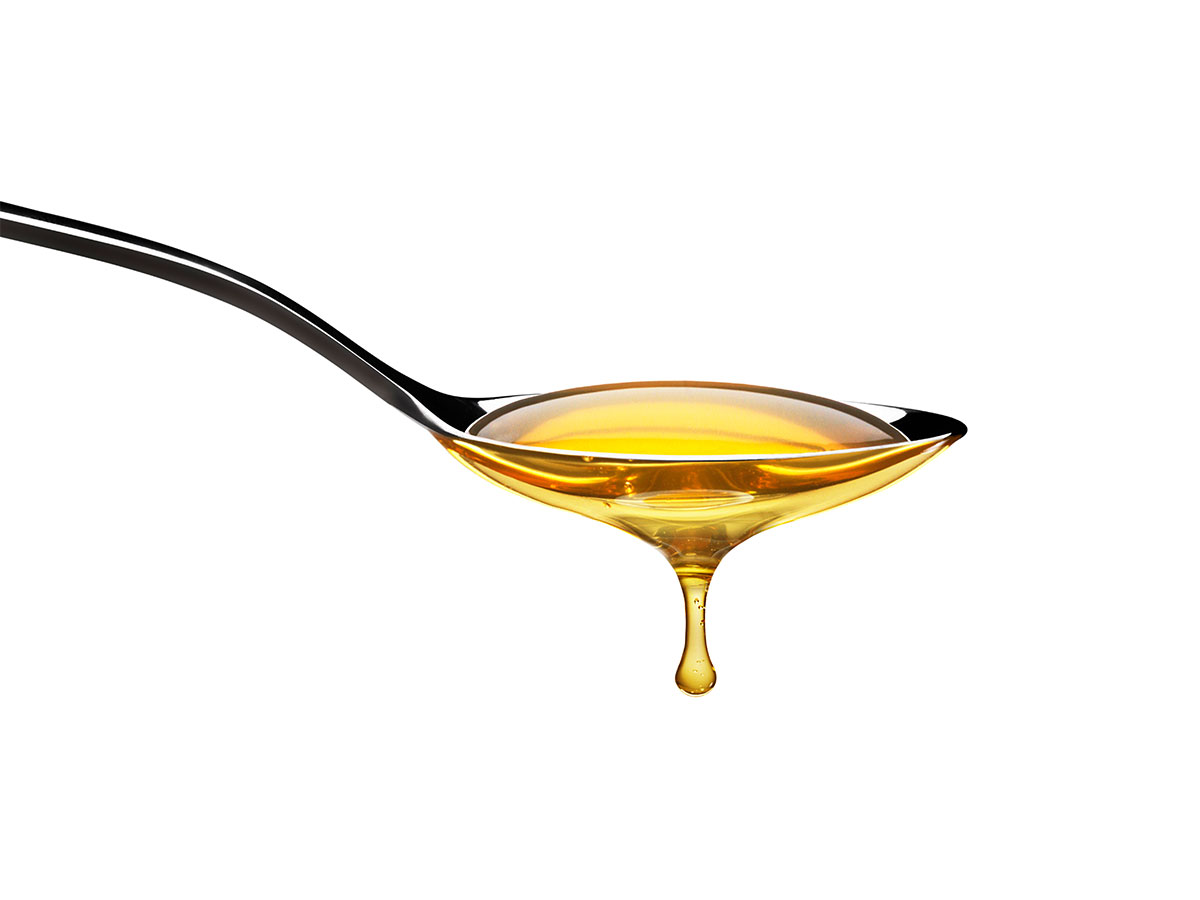 Organic liquid sugar
Organic liquid sugar